I have a few C# Azure Functions that run on a schedule using timer triggers. I've set them up like so, where %TimerSchedule% refers to a cron expression in the app settings:
public static void Run([TimerTrigger("%TimerSchedule%")]TimerInfo myTimer, TraceWriter log)
During development, I often want to run the functions locally using Azure Functions Tools for Visual Studio + Azure Functions Core Tools. But when I hit F5 to debug the function locally it (usually) doesn't run immediately. Instead, it starts waiting for the next occurrence as per the timer schedule. So for example, if my cron expression says to run daily at 8PM, I'd have to wait until 8PM for the function to actually run on my machine.
So my question is: What is the simplest and best way to make a function run once locally?
Things I have tried or considered:
- Use a more frequent timer schedule just for local development
- This is OK but not perfect – you still have to wait a little bit unless it's very frequent, and if it's very frequent then the function might run multiple times. This is what I'm doing now.
- Write a console app or unit test that directly calls the function's
Run()method- This isn't 100% straightforward because you have to provide
TimerInfoandTraceWriterarguments toRun()– and I've found surprisingly little documentation for that.
- This isn't 100% straightforward because you have to provide
Microsoft's Strategies for testing your code in Azure Functions page is not very helpful on this topic – it only mentions timer triggers as a way to test other trigger types.
In a perfect world, I'd hit F5 and the function would immediately run once – just like developing a "normal" .NET app.
